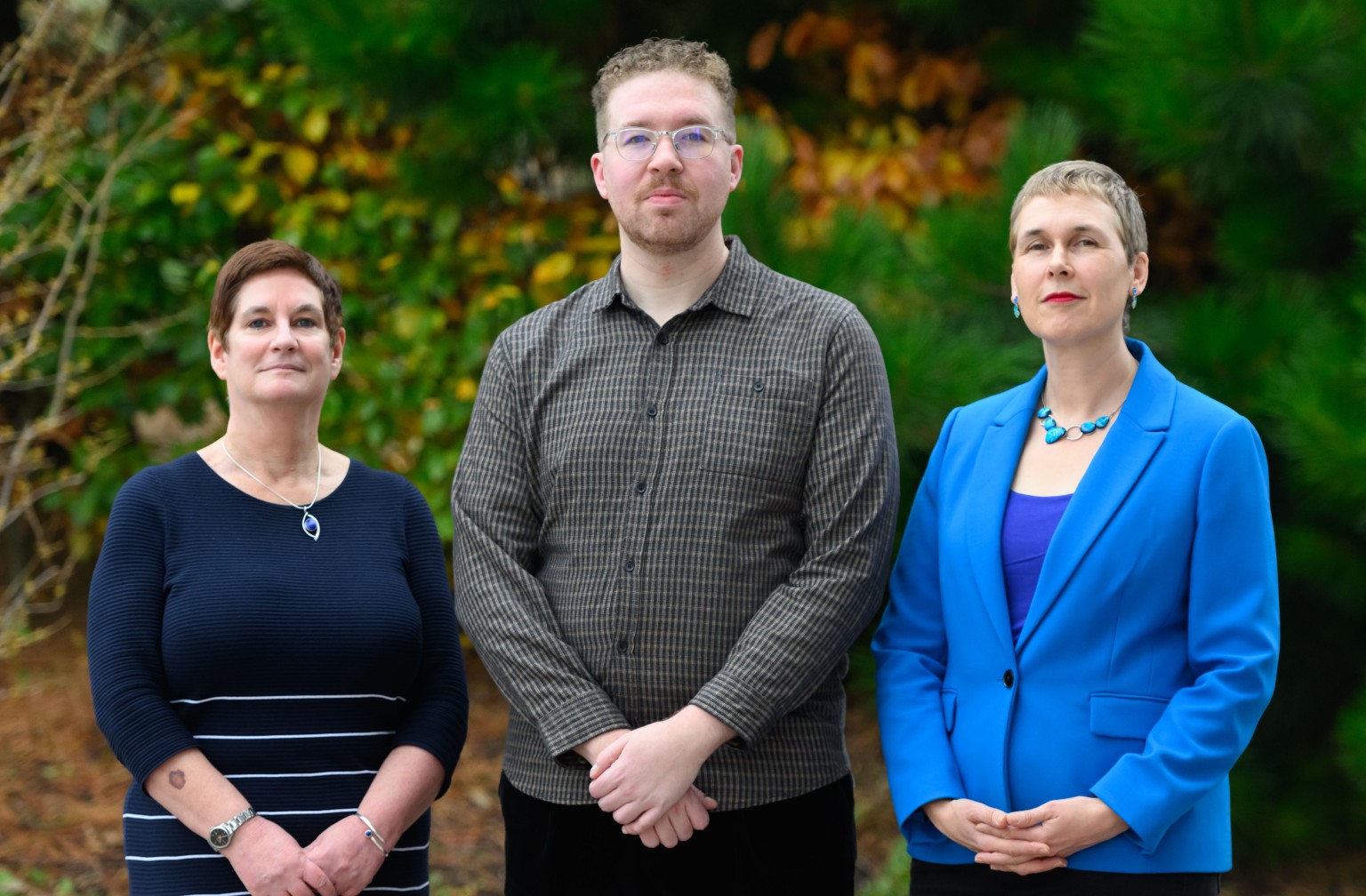Policymakers urged to consider how alcohol policies impact men and women differently

Policymakers worldwide must consider how their alcohol policies impact men and women differently to ensure they are effective, according to Glasgow Caledonian University expert Professor Carol Emslie.
Professor Emslie, an internationally-renowned alcohol researcher led a team commissioned by the World Health Organization (WHO) to develop a policy report on what is known about gender-responsive approaches to reduce alcohol harm.
Men and women consume alcohol differently and are affected by its harm differently, but alcohol control policies and practice remain largely gender blind.
The alcohol industry is increasingly using gendered approaches to appeal to consumers. To keep pace with these changing tactics, WHO said it was critical to take stock of what is known about gender-responsive approaches to tackle the acceptability, availability and affordability of alcohol.
Professor Emslie said: “Our report gives us a mandate to say to policymakers around the world − you must think about how your alcohol policies might impact men and women differently for them to be effective.
“Many countries are looking to Scotland to lead the way on alcohol policy after the introduction of minimum unit pricing. It is important to analyse whether this policy affects men and women differently. We know that one of the most rigorous studies found that MUP has a stronger impact on men than it did on women.
“However, we found that very few studies have explored whether alcohol policies impact men and women differently.
“We have developed a tool-kit for policymakers with the questions they should ask. For example, could your policy affect men and women in different ways, might it stigmatise one group more than another, or reinforce harmful gender stereotypes about how men and women should behave?
“We also hope that our policy document will empower grassroot community groups and organisations to challenge the alcohol industry in the ways they target men and women in their advertising campaigns.”
Professor Carol Emslie led a team including Dr Elena Dimova and Annamae Burrows from the University’s Substance Use Research Group within the Research Centre for Health. They also worked closely with Professor Antonia Lyons and Dr Kate Kersey from the Universities of Auckland and Victoria in New Zealand, and Dr Juan Tello who leads the Less Alcohol unit at WHO Headquarters.
The team worked with Movendi International to find global case studies to illustrate how countries such as New Zealand, Tanzania, Pakistan, Sri Lanka and Scotland have tackled this issue. The Scottish case study features the charity Scottish Families Affected by Alcohol and Drugs (SFAD), which supports anyone affected by someone else’s alcohol or drug use in Scotland.
Professor Emslie added: “We have worked with SFAD for many years and they have a real understanding of how drinking and alcohol-related harm might affect men and women differently. That’s why their experience featured heavily in the report.
“One of their main goals is to ensure that families are supported and they have been looking at ways to engage men in their support services after noticing that most people who attended their family support services were women.”
Justina Murray, CEO of Scottish Families Affected by Alcohol and Drugs, said: “At Scottish Families, the most common family relationships we support are women concerned about men’s alcohol or drug use. There are many reasons for this, but we know we need to do things differently to reach more male family members. This includes offering a model of family support which is meaningful to them. Our research with Glasgow Caledonian has highlighted that male family members engage more readily with a structured, collective problem-solving model of support, offering a safe space to share a range of emotions which they may feel unable to express at home. Those funding and commissioning family support services should consider investing in a range of support options, to offer both men and women a choice of support to suit their needs and preferences.”
Gavin Heron works with Scottish Families Affected by Alcohol and Drugs (SFAD) to support individuals and families impacted by substance use. His role involves providing emotional support, facilitating connections within the community, and helping others navigate the challenges associated with substance-related harms. Through his own lived experience, he engages particularly with men, encouraging them to seek support and fostering a safe environment where families can build resilience and seek positive change.
He said: “Through the support of SFAD and the community around me, I’ve been able to transform an unimaginable loss into a driving purpose. Losing my brother to substance use was devastating, but it’s led me to work with other families facing similar challenges and to help build more compassionate support networks. My hope is that, by engaging openly and creating spaces where people feel seen and supported, we can make real strides towards a society that doesn’t just manage the impact of substance use but actively works to prevent it.”
Read the WHO ‘Gender-responsive approaches to the acceptability, availability and affordability of alcohol’ policy report.
